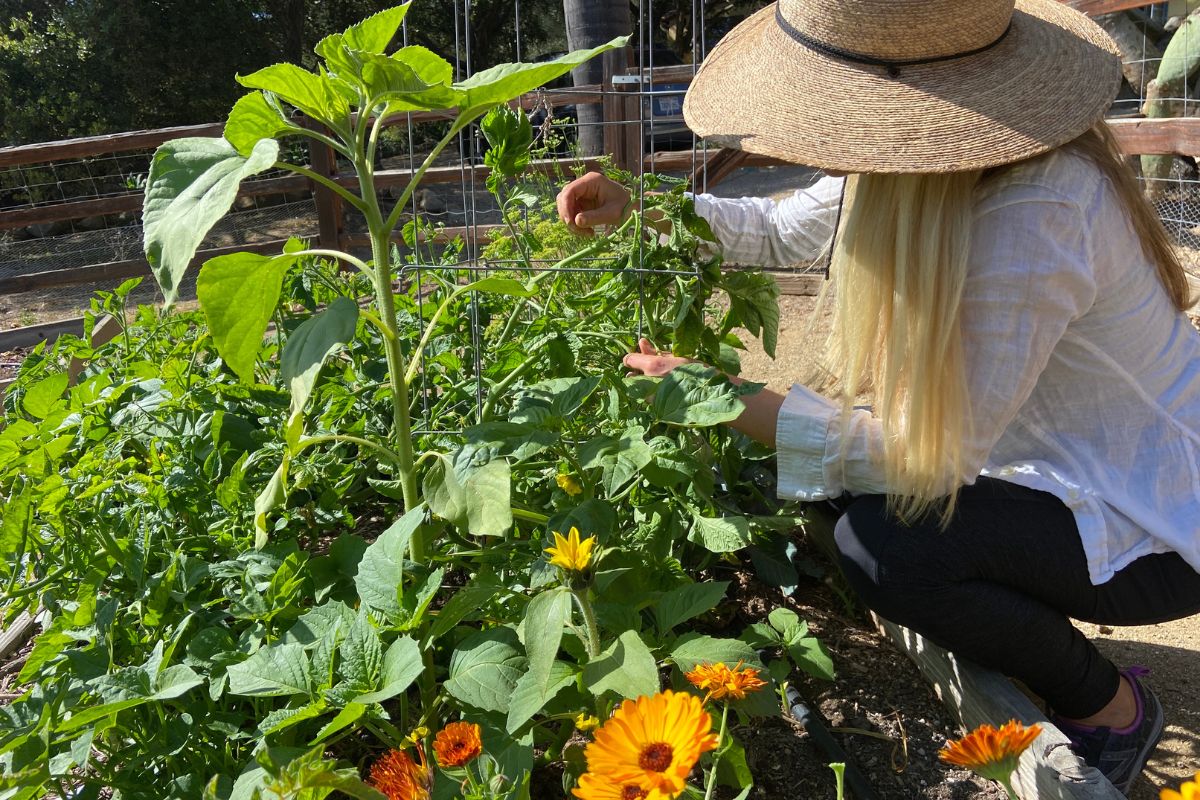Try “doing” deeply. Here’s how.
KEY POINTS
- Deepen your daily activities by slowing them down.
- Deepen a relationship by spending extended time in person.
- Deepen your understanding of yourself by getting curious.
I hear in my practice (and feel in my life), “There’s too much to do.” We feel constantly behind. The more behind we feel, the more we try to catch up. Yet there is no endpoint. Like Lucille Ball’s chocolate conveyor belt, the faster we work, the faster life moves.
As we rush through life, we miss out on moments that give our life depth, and we are left feeling overwhelmed and lackluster. A particularly bad combo.
People offer us solutions to do less, take a mental health day, don’t be such a perfectionist, or try this great productivity app to be more efficient with getting things done. These suggestions are good, but they fall short.
What we crave is to feel like what we are doing has meaning. We long for fulfillment. To feel truly fulfilled, you need to shift your perspective on what it means to be productive.
A Deeper Kind of Doing
I experienced a deeper kind of doing this week while harvesting fava beans with my 9-year-old son. “Fava beans are a lot of work,” I told him. “You gotta grow them, pick them, and then peel them two times. This type of doing could be considered a waste of time in our current model of productivity. Yet I plant them every year because they feed the soil and my soul.
Setting my undone therapy notes and laundry aside, my son and I chatted about how good it feels to snap the beans off the vine and practiced humming Pharrell Williams’s song “Happy” in preparation for his third-grade kazoo performance. Then I read him Harry Potter for the second shelling, pausing for him to share extra-impressive pods.
We ended up with about two cups of fava beans, and if you measure my time in units of depth, it was the most productive time of my week.
How to Live Deeply
To live more deeply, you don’t need to do more or to do less. Living deeply involves entering into the activities you are doing with attention toward meaning, presence, and connection. Biomechanist Katy Bowman shared with me this type of holistic living while talking about “nutritious movement.” Moving your body nutritiously benefits not only your whole body’s health but also your parenting, your experience at work, and the environment.
Deep living is not just about doing more tasks; it’s seeing how our actions are connected to something bigger. In another Your Life In Process podcast interview, Annie Murphy Paul, the author of The Extended Mind, expanded on this concept with me, describing that our minds aren’t just in our heads, but also in our bodies in the form of physical sensation and gesture, the natural and built spaces around us, and our relationships with experts, peers, and groups.
Living life more deeply revitalizes us without external circumstances having to change.
More Suggestions to Live Deeply
- Deepen your daily activities by slowing them down. Choose an activity you have sped up and purposely do it the slower way. Here are a few examples: grind coffee by hand; walk to the movies instead of streaming Netflix; write a letter rather than send a text. Let yourself be engrossed in the process of living.
- Deepen a relationship by spending extended time in person. Allow yourself to enjoy each other without the pressure to rush. Act as if you have all the time in the world to listen and be.
- Deepen your understanding of yourself by getting curious. Bring greater awareness to what is happening inside your body—your emotions, sensations, hunger, and fullness. Get to know your inner world by paying attention to it.
Living deeply involves interoceptive awareness of what is happening in your body, the social cognition of others around you, and changing your perspective on productivity.
I want to live more deeply with real people in a holistic way. How about you? For more on how to live flexibly, deeply, and holistically, check out my podcast, Your Life in Process.

+ show Comments
- Hide Comments
add a comment